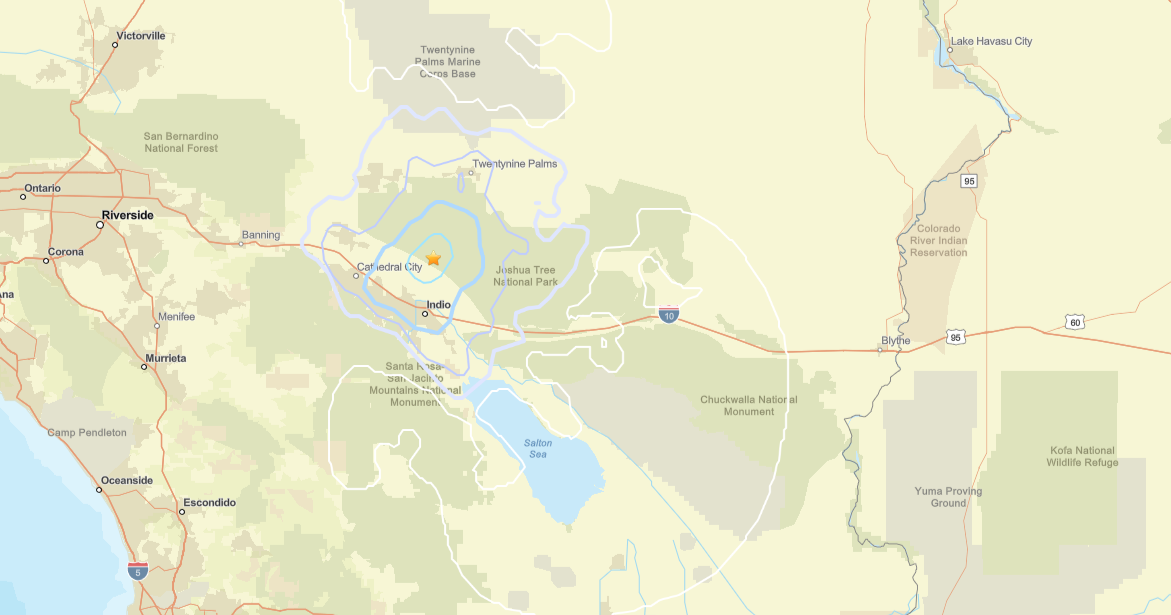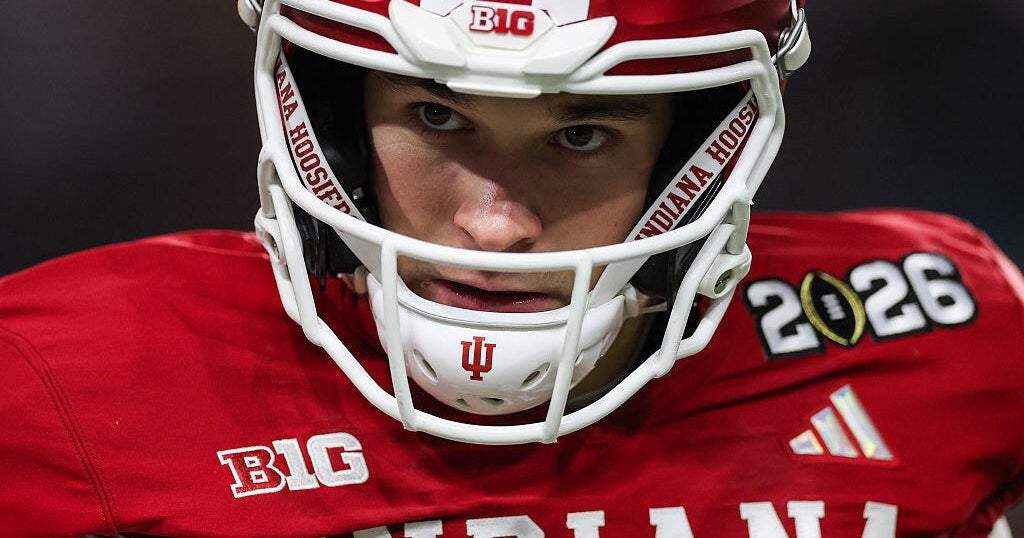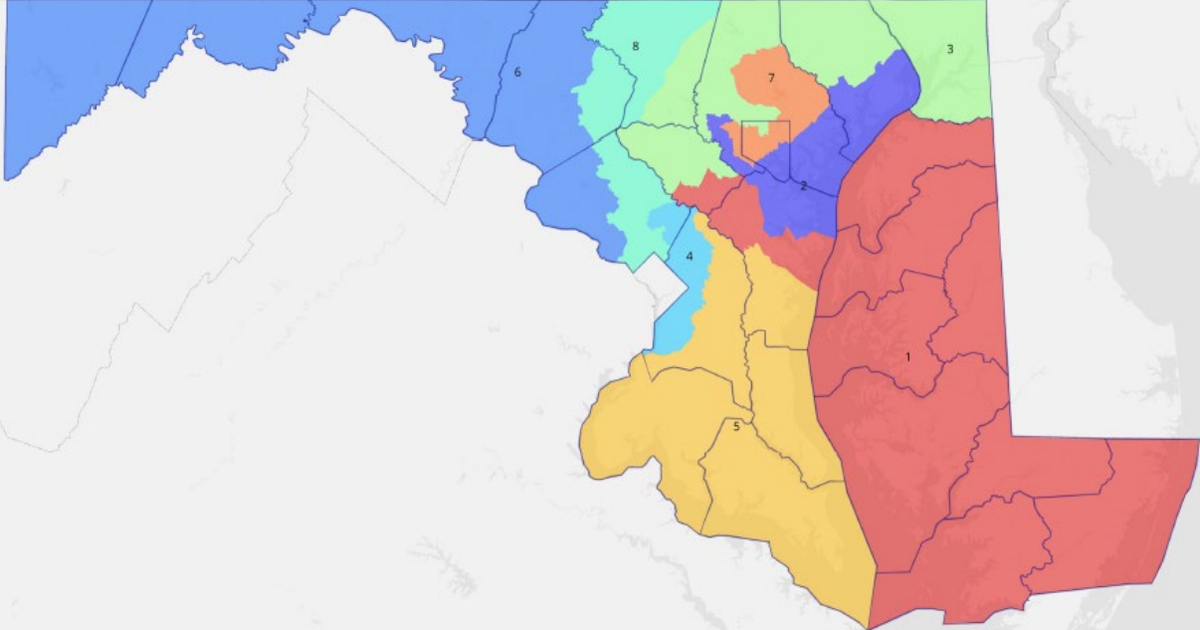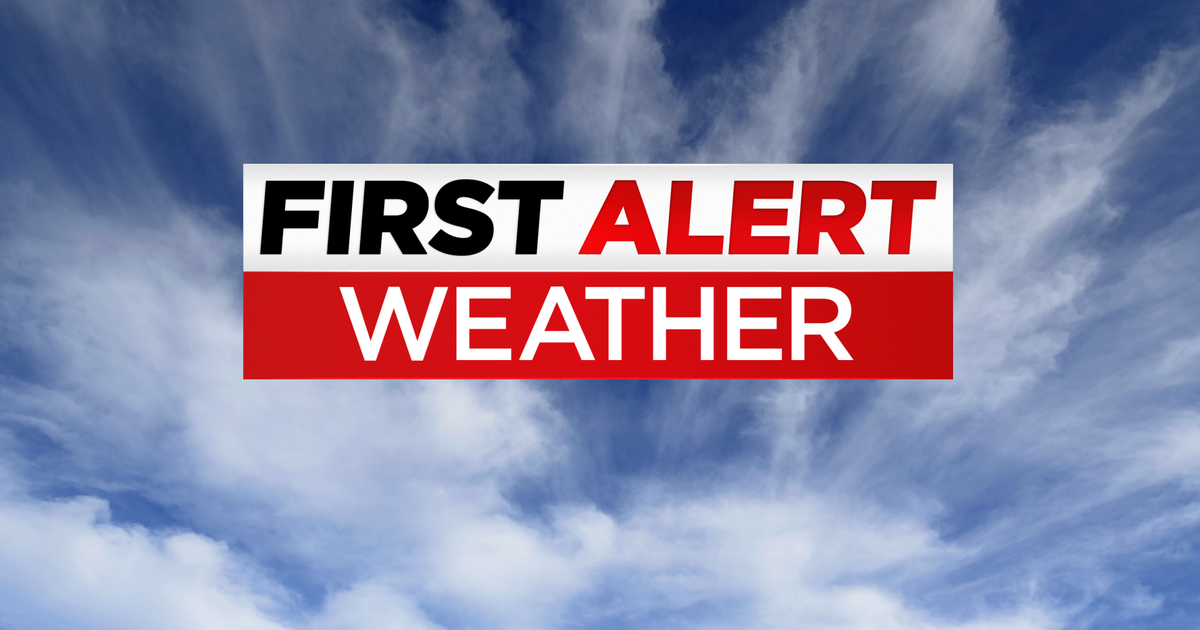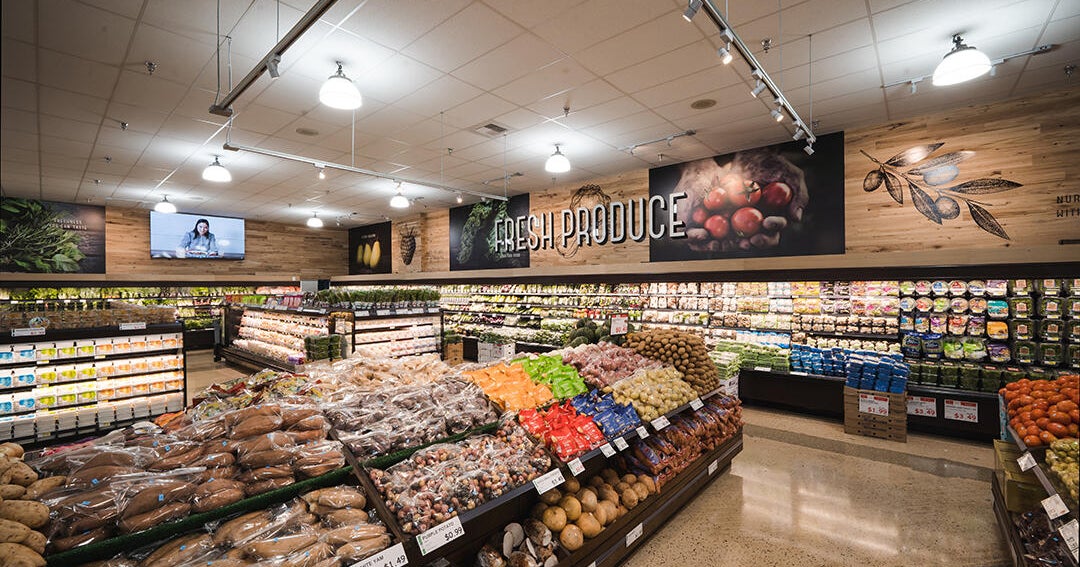California voter turnout at 18% before polls close; Bay Area leads state
SAN FRANCISCO (BCN/CBS SF) -- The percentage of returned ballots for the California primary with several hours left before polls close on Tuesday's Election Day is 18 percent, according to consulting firm Political Data Intelligence.
As of Tuesday afternoon, the Bay Area has a higher rate for returned ballots than the rest of the state, with its nine counties averaging just over 19 percent of returned ballots. Napa County has the highest ballot return rate in the Bay Area at 24 percent, while Solano and Alameda County are tied for lowest at 13 percent.
- California Primary 2022 Results: State Offices | Bay Area Counties
This is the first primary election in California since Assembly Bill 37 was passed in September 2021, mandating that all Californians receive ballots in their mail prior to Election Day.
Mailing voters their ballots is meant to make voting easier and to boost turnout in elections.
Ballots in California are required to be sent to voters at least 29 days before the election. Early voting began on May 9 and ended Monday, with polling sites open Tuesday from 7 a.m. to 8 p.m.
Andrew Wilcox, 23, is among the 21 percent of San Franciscans who have taken advantage of their mail-in ballot.
"It was an easy experience because the ballot is mailed to you automatically. I filled it out, threw it in the mailbox, and forgot about it. It was a super streamlined process," Wilcox said.
However, he sees why people around him aren't voting early with their mail-in ballots.
"For the Senate and House elections, the primaries are sort of done deals. The hyper-brand candidate we've known for many years is going to win. People probably feel like their vote doesn't matter," Wilcox said.
Jason McDaniel, a professor of political science at San Francisco State University and an expert in voter turnout in San Francisco, agrees with Wilcox's assessment.
"The primary elections at the top of the statewide ticket are not competitive enough to compel voter engagement. And the lack of competitive elections generates a knock-on effect where campaigns are conserving their funds for November instead of spending money now to mobilize voters," McDaniel said via email.
"There may also be a certain amount of voter fatigue due to there being so many elections over the past several months, especially locally here in San Francisco and other parts of the Bay Area," he said.
McDaniel added that the primaries are not driving voter interest because "In most places, the issues that voters seem to care most about right now -- issues such as inflation and the state of the economy, gun violence, and abortion rights -- are not on the ballot."
Lisa Bryant, an expert on campaigns and elections at Fresno State University, weighed in that Americans across the country generally see primaries as "low stakes" because candidates aren't actually winning seats, as well as "high-cost" because there is limited media coverage and campaigning.
Thus, "voters have to spend more time searching for information on the candidates and it can be difficult to find detailed information about candidates' backgrounds and policy positions," Bryant said.
